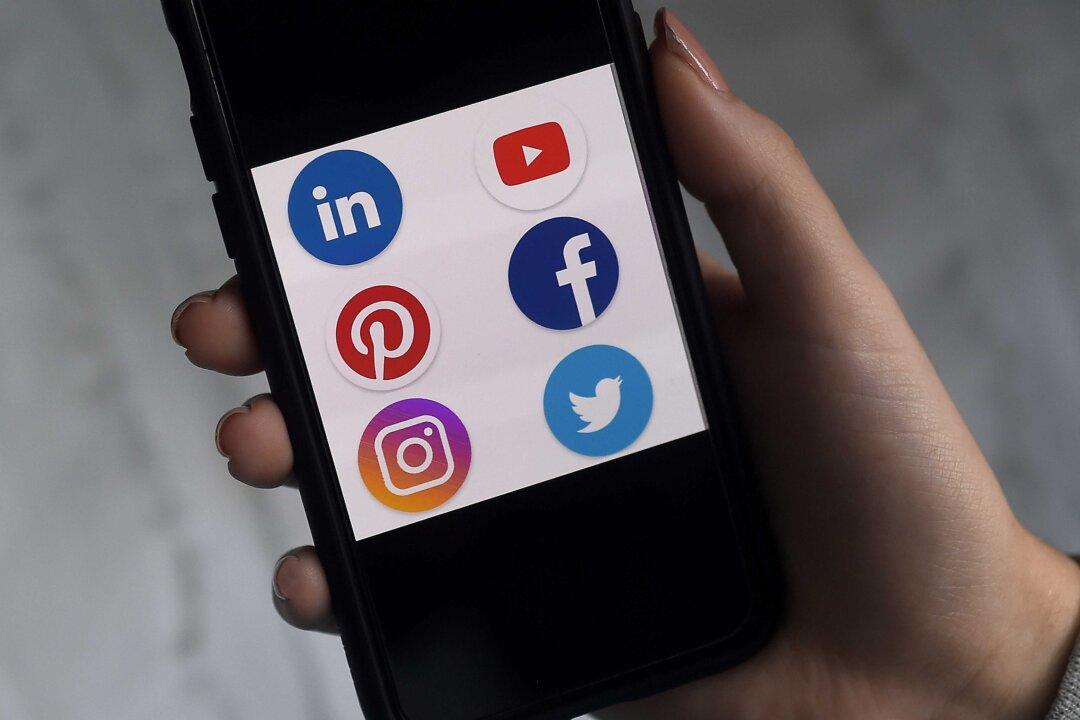Commentary
“You Americans think your system of government is so special,” chided the Ghanian student in my advanced constitutional law seminar at Columbia Law School.

“You Americans think your system of government is so special,” chided the Ghanian student in my advanced constitutional law seminar at Columbia Law School.